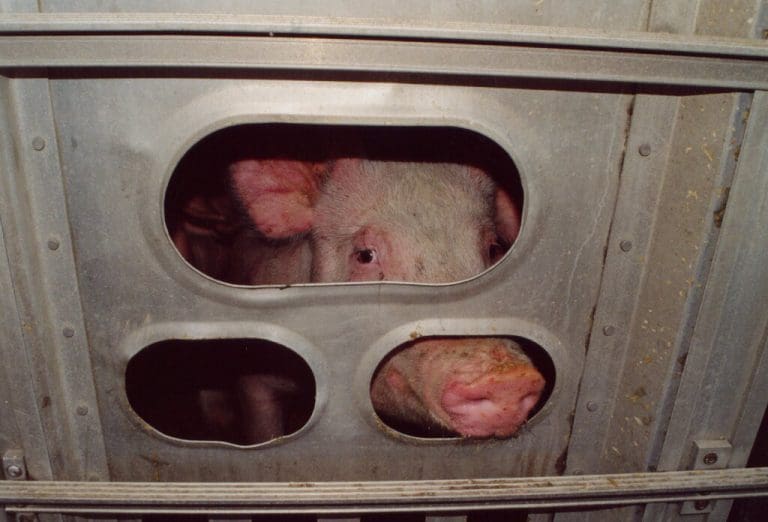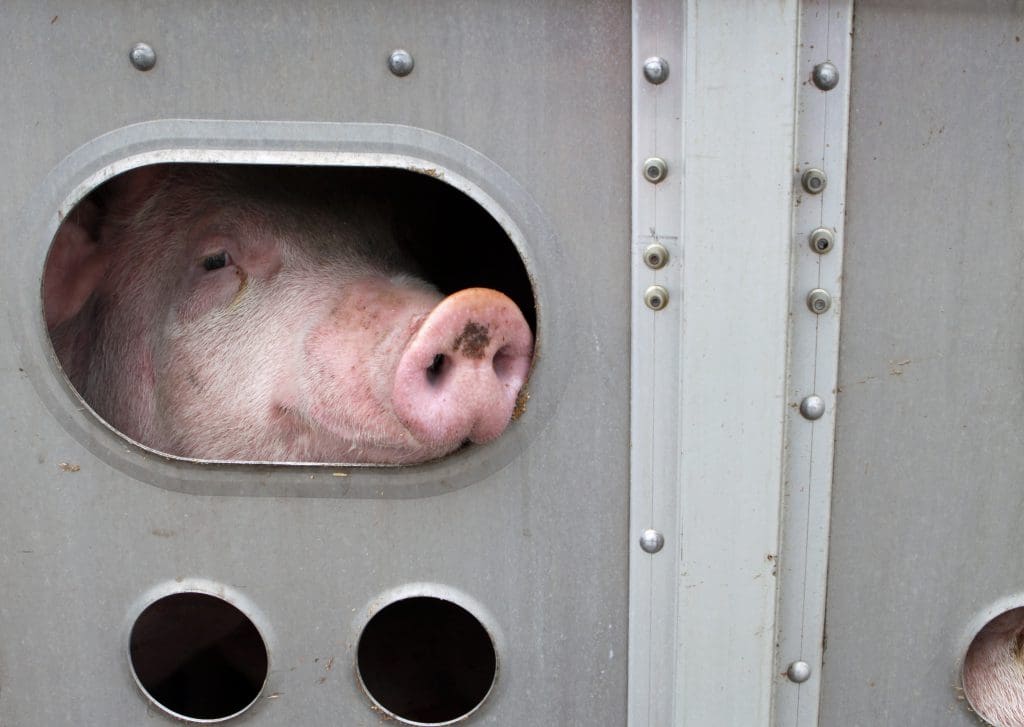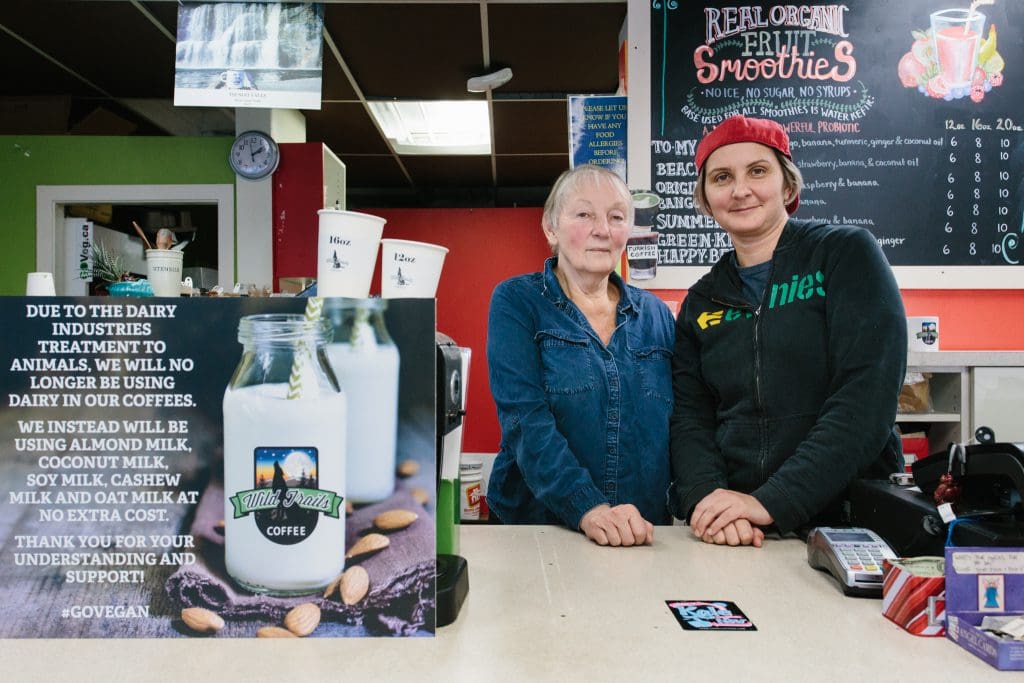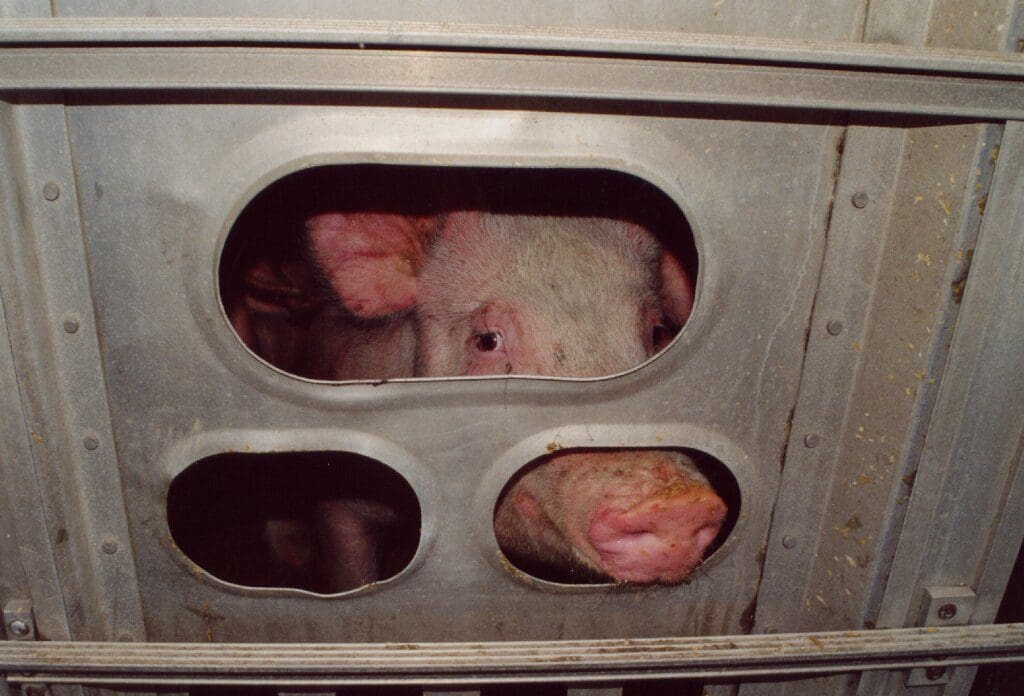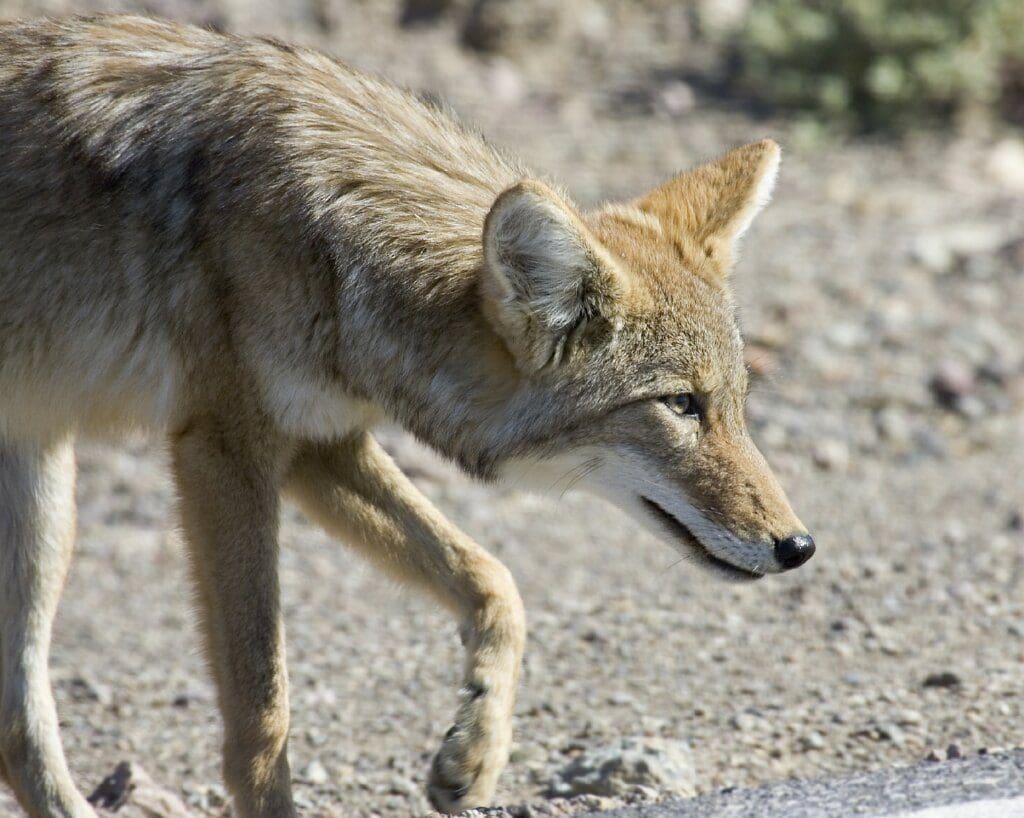
The Vancouver Humane Society (VHS) has joined a coalition of 54 environmental and animal protection groups, conservationists and scientists in calling on the government of British Columbia to put a stop to wildlife-killing contests, after learning about three such events currently taking place in the province.
In an open letter sent to the Minister of Forests, Lands and Natural Resource Operations, Doug Donaldson, our coalition expressed significant concern about the existence of contests throughout the province that are encouraging the indiscriminate killing of animals including wolves, coyotes, cougars and raccoons.
In some of these events, participants receive points for the type of animal killed and compete for a cash prize. The coalition is currently aware of three separate events, the first is a “wolf-whacking contest” hosted by Chilcotin Guns in Williams Lake; the second is a “predator tournament” hosted by the Creston Valley Rod and Gun Club; and the third is a wolf bounty being offered by the West Kootenay Outdoorsmen Club.
VHS opposes wildlife-killing contests on the grounds that they are unethical, inhumane and are not supported by science. Contest organizers claim they are protecting ungulate populations (deer, caribou, elk, etc.) by killing predators, but research shows that predator killing contests are ineffective and fail to address any root causes of decline. Instead, wildlife professionals suggest efforts should be invested in habitat protection and restoration.
These contests not only teach disrespect for wildlife through the indiscriminate killing of as many predators as possible, but they also disregard the value of individual animals, both intrinsically and as a part of the larger ecosystem.
We’re encouraging our supporters to contact their MLA and the appropriate government officials and respectfully ask that predator-killing contests be banned. Contact information can be found below. Feel free to use our coalition letter as a template for your own, but be sure to personalize your email!
Find contact information for your MLA
Hon. Doug Donaldson – Minster of Forests, Lands, Natural Resource Operations & Rural Development
Email: FLNR.Minister@gov.bc.ca
Telephone: (250) 387-6240
Hon. George Heyman – Minister of Environment & Climate Change Strategy
E-mail: ENV.Minister@gov.bc.ca
Telephone: (250) 387-1187
Fish and Wildlife – Ministry of Forests, Lands, Natural Resource Operations & Rural Development
Email: FishandWildlife@gov.bc.ca
Telephone: 1-877-855-3222

